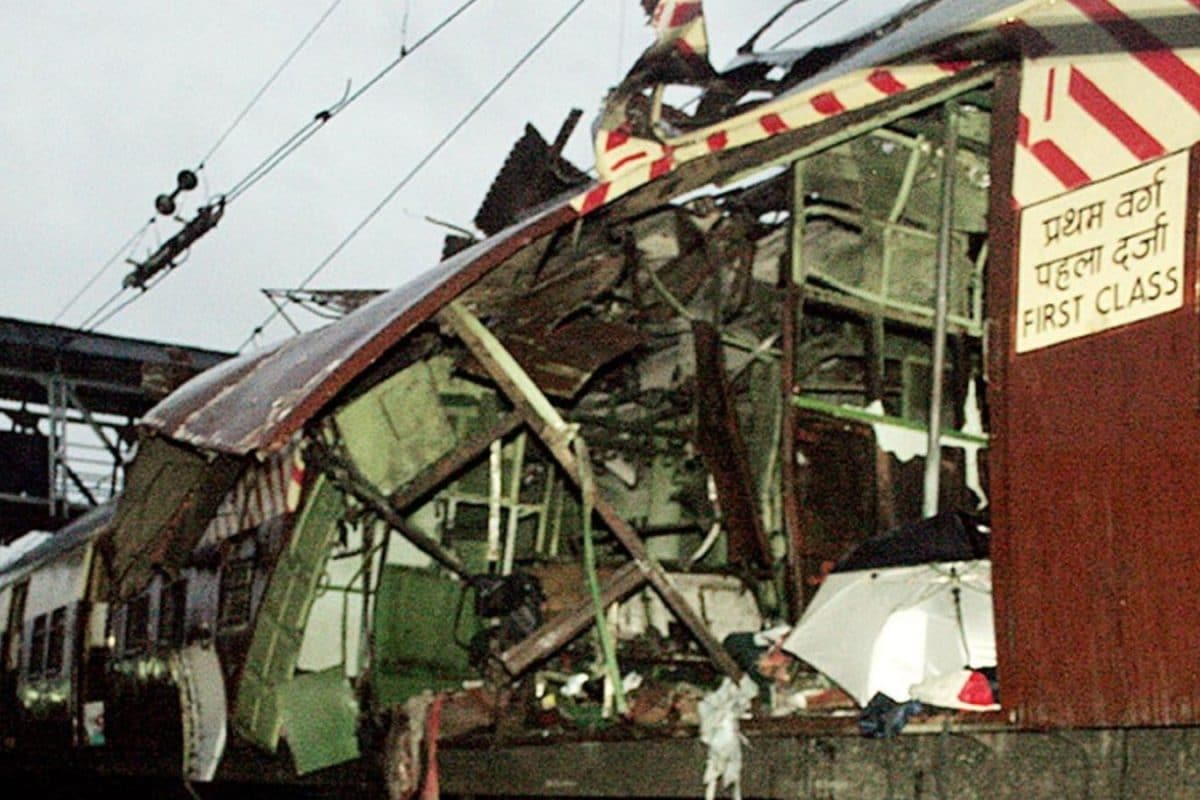

On July 11, 2006, Mumbai, the financial capital of India, was struck by a series of coordinated bomb blasts that ripped through its local train network. Within a span of just 11 minutes, seven bombs exploded on trains plying the Western Line, leaving a trail of death, injuries, and chaos. The attacks killed 189 people and injured over 700, leaving an indelible scar on the city.
The bombs, detonated between 6:24 PM and 6:35 PM (IST) during the evening rush hour, were placed in pressure cookers packed with RDX and ammonium nitrate to maximize their destructive impact. The explosions occurred at or near the suburban railway stations of Matunga Road, Mahim Junction, Bandra, Khar Road, Jogeshwari, Bhayandar, and Borivali. The coordinated nature and timing of the blasts pointed to a well-planned terror attack aimed at causing mass casualties and disruption.
In the immediate aftermath, Mumbai's emergency response and rehabilitation systems were stretched to their limits, with hospitals overwhelmed by the influx of casualties. Rescue operations were further hampered by heavy monsoon rains, a common occurrence in Mumbai during that time of year. Despite the challenging conditions, civilians stepped in to help, volunteering in rescue efforts.
The Indian government swiftly responded by tightening security measures at railway stations and other public places. Restrictions were imposed, including barring non-passengers from railway platforms. Investigations were launched, leading to the detention of hundreds of suspects.
Several organizations were implicated in the bombings, including Lashkar-e-Taiba (LeT), Students' Islamic Movement of India (SIMI), and possibly Al-Qaeda. In September 2015, a special Maharashtra Control of Organised Crime Act (MCOCA) court convicted 12 people in connection with the blasts. Five of them were sentenced to death, while the remaining seven received life imprisonment.
The attacks had far-reaching consequences, leading to heightened security measures, increased surveillance, and restrictions on non-passengers at railway stations. The government announced ex-gratia payments to the families of the deceased and compensation for the injured. Indian Railways also announced compensation and job opportunities for the next of kin of those killed. Western Railway spent approximately Rs 22 crore on compensation and provided employment to 73 individuals whose family members died in the attacks.
However, justice for the victims and their families remained a long and arduous journey. In the years that followed, the convicted individuals filed appeals, and the legal process dragged on. Allegations of torture and coerced confessions surfaced, raising questions about the fairness of the trial.
On July 21, 2025, the Bombay High Court overturned the lower court's order and acquitted all 12 accused in the 2006 Mumbai train blast case, citing a lack of evidence presented by the prosecution. The High Court stated that the prosecution "utterly failed" to prove the case against the accused. The bench questioned the trustworthiness of certain prosecution witnesses and the Test Identification Parade (TIP) of some of the accused. The court also noted that the explosives, arms, and maps recovered during the investigation appeared to be unrelated to the blasts. This verdict has re-opened the wounds of the victims' families and sparked public debate about the investigation and justice delivery.
The 2006 Mumbai train bombings stand as a stark reminder of the devastating impact of terrorism on innocent lives. The event prompted increased security measures and a greater emphasis on counter-terrorism efforts. The resilience of Mumbai, however, shone through as the city quickly returned to normalcy, demonstrating its unwavering spirit in the face of adversity.